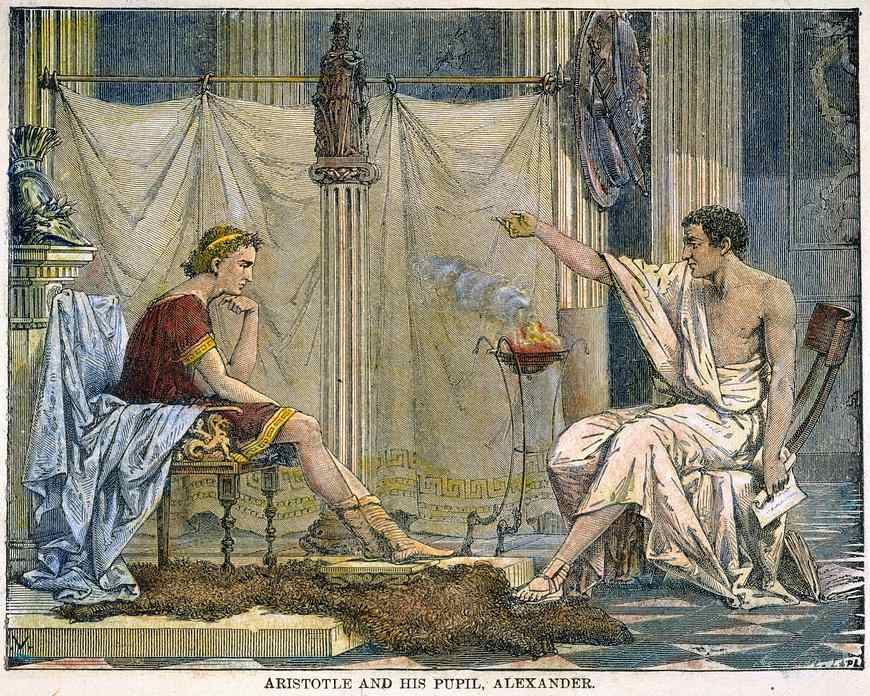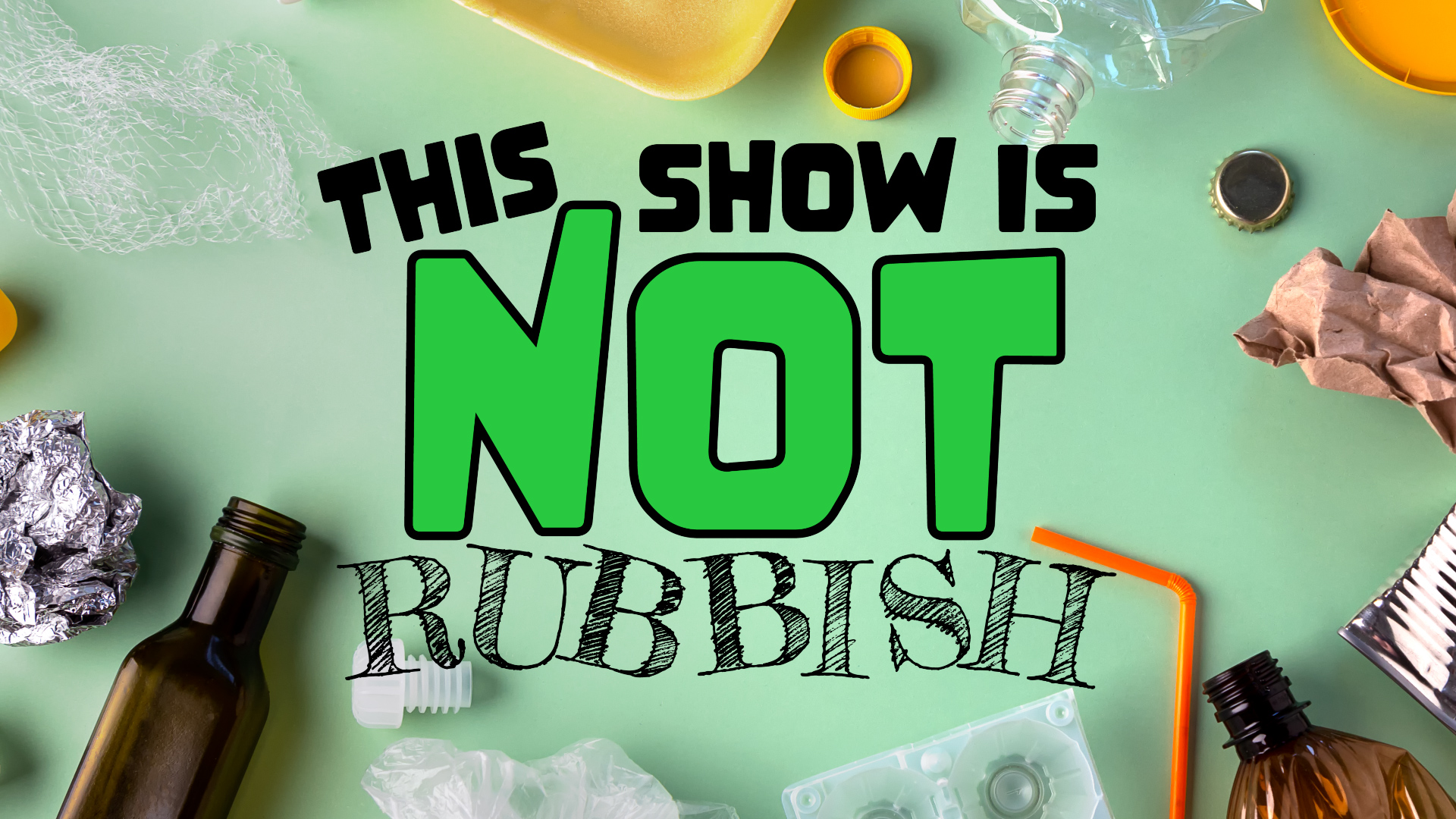PM’s Prize winning science teacher Samantha Moyle has some hacks that all students should know.
Samantha Moyle
Dr Samantha Moyle is a Science and Technology Teacher at Brighton Secondary School in South Australia. In 2019 she took out the Prize for Excellence in Science Teaching (Secondary) at The Prime Minister’s Prizes for Science.
Dear Year 12 student,
This is a big year for you, it is an exciting and stressful time. I hope with this letter, I can help you navigate the stressful times.
Firstly, take some time to enjoy this year, it is probably the one you will remember most of your schooling career. Enjoy the things that come with year 12, parties, friends, the control that you begin to exercise over your life choices, your job (if you have one) etc. but do all these things with balance in mind.
You may have read our Australia’s Chief Scientist’s ‘letter to a year 10 student’. If not, I highly recommend it. He talks about balance in your life and interests but also challenging yourself. Year 12 will give you plenty of challenges, the trick is managing them.
As someone who is considered a perpetual student, and who teaches senior Biology, I have some year 12 hacks…
Hacking Year 12
Term 1 will be the time that you are most energetic, enthused, and are not bogged down with assignments. Use this to your advantage. You will be given a course outline and probably even a list of assignments and due dates. Use this time to get a head start on your schoolwork. This will reduce the load (and hence stress) on the rest of the year.
Read and note the information in advance of the lessons. Doing this, you get more out of classes because you will know what the teacher is talking about and can ask clarifying questions.
There are hacks to note-taking too though. Note-taking is an artform (sounds weird but it is true). Firstly, handwrite! Old school -I know, but there is plenty of research to show that handwriting is better for memory formation. Plus, it’s good training for those long tests and exams so your hand doesn’t cramp up!
Many textbooks have bolded information. Don’t be fooled by bolded font. Ask yourself is it relevant to what you need to know?
There’s even hacks to note-taking. You should start with: What is it that you need to know? Your course outline should tell you. Then you can extract the information that is relevant to the required knowledge for the subject.
Don’t be satisfied with surface-level information and understandings. For example, there might be terminology or language you don’t know. Find out what that word means even if this means using the dreaded dictionary. When writing, use language you are familiar with and be clear on the meaning of subject-specific terms. In Biology, there are lots of really similar terms e.g. transcription and translation, mitosis and meiosis. Using one word out of place can ruin a really good response (I speak from embarrassing experience) so make sure you are very clear on what you are saying. Communication is vital in all subjects, which is why English is always a good choice no matter what your career pathway.
A questioning mindset helps to develop analysis and evaluation skills. This will also help for processing your experiment results. Push yourself to dig deeper by questioning the information and cross-checking with different resources so you develop richer understandings. Explaining things to people is another on my hacks list! They might ask some really helpful questions to get you thinking too!
When you take your notes, write them in terms you understand and use diagrams to illustrate your points. There’s no point in rewriting the textbook -that’s just someone else’s words. Explain the concepts in terms that make sense to you. I do this regularly for myself when I study.
Summarise and repetition. Look over your notes at the end of the week and challenge yourself to summarise and condense them. Do this again later in the year. Avoid waiting until just before test or exam time.
For assignments, every teacher who has ever lived says this, start early! But there’s early and there is earlier -Why not use this first part of the year to get a head start on your assignments? The subject outline should give you a general idea about what the assignment will be on, why not start researching before the teacher even gives you the task? One, it’s enforced study, which will be helpful in the long run and two, it will save you time researching when you do formally get the task.
It may be that your teacher is only permitted to provide formal feedback once on an assignment, so don’t miss out on this golden opportunity. Always, always, always take advantage of draft feedback but maximise this chance by giving your teacher the very best product you are capable of. If you give them something half-finished then the feedback you get won’t do more than what you could have already done yourself.
Think of your assignment as a diamond, you need to cut and polish it to the very best of your abilities, then your teacher can give it that final polish that makes it truly sparkle!
Two great hacks for written assignment review. Use text to speech on your computer to read it aloud to you, then while you are making breakfast or cleaning your teeth you can check what you’ve said is correct and makes sense. The second one is, get someone else to read your paper prior to submitting it. It’s highly likely that if you’ve missed something or made an assumption, that they’ll pick up on that. In short, they’ll catch your blind spots.
Another two really great hacks are to participate and communicate. People traditionally do better in subjects if they are active in the learning process, so ask questions, see your teacher outside of class, respond when your teacher asks a question etc. Also, talk to your teachers about how you are doing. Not only did they go through year 12 once upon a time too, they genuinely want you to do well.
Don’t be afraid to ask for help
We’re not mind readers though, so ask for help, let us know if you are struggling with schoolwork or life in general. Teachers are in this job because we love it. We want to help you do the best you can, you just have to tag us in!
I promise we try not to be ogres!
Finally, the sun does not rise and set based on your year 12 results. It is only one year of your entire life; it doesn’t define you as a person or dictate your career. If it doesn’t go as planned, there is always another way around. Don’t forget that!
Breathe – You’ve got this!
All the best for this crazy, amazing year.
Sam Moyle
Sign up and subscribe to our Weekly Newsletter to get the latest education resources and career information straight to your inbox.







